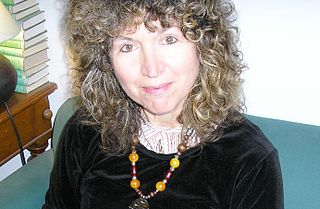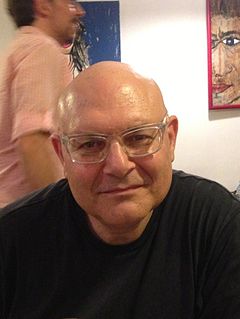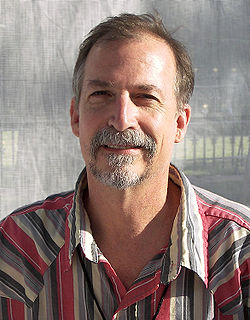A Quote by Caroline Lawrence
I wanted to know if the 'Iliad' in the original was as relevant and contemporary as it was in translation. I then started Latin. I had finally found something I enjoyed and was good at: dead languages!
Related Quotes
I started writing because I wanted to write scripts, but I wasn't very good at it. Then I started writing short stories, sort of as treatments for the film scripts, and I found I enjoyed writing short stories far more than I enjoyed writing film scripts. Then the short stories got longer and longer and suddenly, I had novels.
Scholars have found that references to Christ in Josephus were deliberately planted in the translation long after it was written, and the Latin references to Christ are not to a person of that name. In the Dead Sea Scrolls there was mention of a particular "teacher of righteousness" who had characteristics somewhat like those attributed to Christ, but it might easily have been someone else.
There are stories that are by and for Latin Americans, where a certain amount of cultural fluency is expected, where we can delight in the details, the humor, the particularities of speech, of dialects. Something is always lost in translation; we know instinctively that this is the case. A Radio Ambulante story looks at Latin America from the inside.
I ain't never been in no college with famous people. I was a drifter for a while. I just was desperate to fit in with a group. Really, I was swimming. I was lost, treading water, trying to find my way. I wanted to play football. It didn't work out. I didn't really know what I wanted until I found acting in a theater department, and then everything just fell into place, and I had a passion about something. Then, I started living my life.
I am not of the opinion generally entertained in this country [England], that man lives by Greek and Latin alone; that is, by knowing a great many words of two dead languages, which nobody living knows perfectly, and which are of no use in the common intercourse of life. Useful knowledge, in my opinion, consists of modern languages, history, and geography; some Latin may be thrown into the bargain, in compliance with custom, and for closet amusement.
I work in Hebrew. Hebrew is deeply inspired by other languages. Not now, for the last three thousand years, Hebrew has been penetrated and fertilized by ancient Semitic languages - by Aramaic, by Greek, by Latin, by Arabic, by Yiddish, by Latino, by German, by Russian, by English, I could go on and on. It's very much like English. The English language took in many many fertilizations, many many genes, from other languages, from foreign languages - Latin, French, Nordic languages, German, Scandinavian languages. Every language has influences and is an influence.
There is an old Italian proverb about the nature of translation: "Traddutore, traditore!" This means simply, "Translators-traitors!" Of course, as you can see, something is lost in the translation of this pithy expression: there is great similarity in both the spelling and the pronunciation of the original saying, but these get diluted once they are put in English dress. Even the translation of this proverb illustrates its truth!
It was only my second night in Africa, yet something had begun to grow inside me which I could not stop, as if my childhood dreams had finally found the place where they could materialize. I had arrived where I was always meant to be. I did not know how it could be practically achieved, but I was certain beyond any shadow of a doubt that it was here that I wanted to live.
I'll probably take the prize for the most irrelevant degree. Although some of the things now where they study, you know: "post feministic colonial film theory" - those kind of majors, yeah, that's probably worse. But I was, you know, classics, Greek and Latin, like what's more irrelevant than dead languages, you know?
I can read more languages than I speak! I speak French and Italian - not very well, alas, but I can get by. I read German and Spanish. I can read Latin (I did a lot of Latin at school.) I'm afraid I do not speak any African languages, although I can understand a little bit of the Zulu-related languages, but only a tiny bit.
Malcolm Bradbury made the point, and I don't know whether it's a valid one or not, that the real English at the moment is not the English spoken in England or in America or even in Canada or Australia or New Zealand. The real English is the English which is a second language, so that it's rather like Latin in the days of the Roman Empire when people had their own languages, but had Latin in order to communicate.



































